Sixties
City presents
a wide-ranging series of
articles on all aspects of the Sixties, penned by the creator of the iconic
60s music paper Mersey
Beat
|
Sixties
City presents
a wide-ranging series of
articles on all aspects of the Sixties, penned by the creator of the iconic
60s music paper Mersey
Beat
|
|||||
|
| In
1956 Gary Powers, a former lieutenant in the American Air force was hired
by the Lockheed Aircraft Corporation as a test pilot. He was then stationed
in Incirlik, Turkey, where it was claimed he was involved in weather research
projects, flying between Pakistan and Norway. On 1st May 1960 his high-altitude reconnaissance plane, a Lockheed U2 aircraft, was shot down by long-range Soviet missiles near an army base in Sverdlovak. Powers managed to bail out and was captured and arrested. This led to a Cold War political power game known as ‘The U2 Incident’. In 1958 Russian Premier Nikita Krushchev had stated that the Potsdam Treaty which declared four-power control over Berlin was no longer effective and should be scrapped. A summit conference to discuss the future of Berlin, and also arms control, had been set up to take place in Paris in May 1960. Kruschev revealed that the Russians had known about the surveillance missions for some time and had at last managed to down one of the planes. He denounced the American aggression and called off the summit conference. The State Department in Washington claimed that Powers was a civilian pilot carrying out weather research, who must have strayed off course. They said that the cameras on board his craft were used for taking pictures of clouds. President Eisenhower initially denied that Powers was on a spying mission, but later had to admit the fact and promised there would be no further missions. The U.S. Government also announced that the flights had been necessary for security reasons. The following month Powers was put on public trial in a Moscow courtroom. During the three-day trial Powers pleaded guilty to spy charges and said that he had been flying from a U.S. base in Pakistan, acting on orders from the Central Intelligence Agency. |
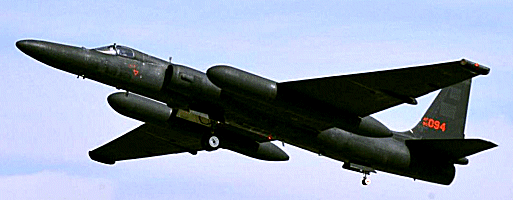 |
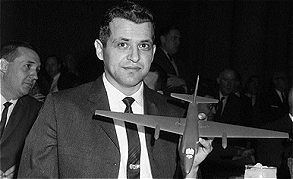 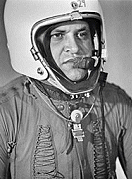 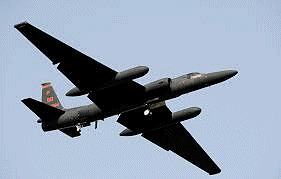 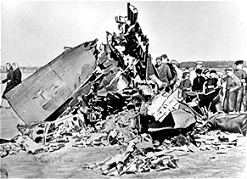 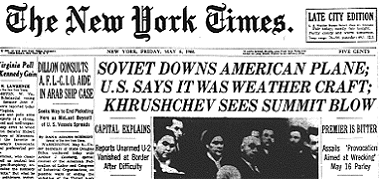 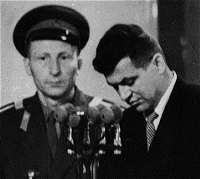 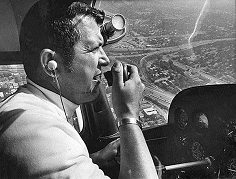 |
|
Article
Text
UK
web hosting by
|